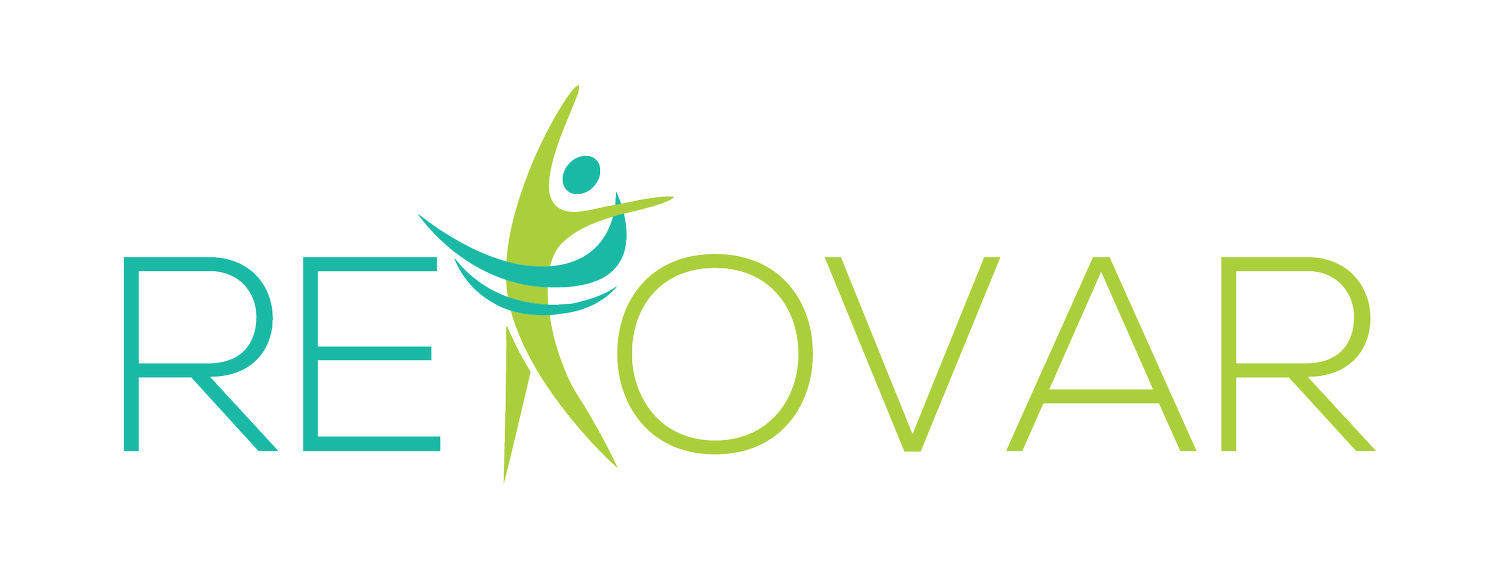$2.5 Million NIH SBIR Phase II Grant Award: Rekovar's Journey to Revolutionizing Neonatal Care
In an extraordinary leap forward for neonatal health technology, Rekovar is thrilled to announce our recent attainment of Phase II Small Business Innovation Research (SBIR) funding from the National Institute on Drug Abuse (NIDA), part of the U.S. Department of Health and Human Services' National Institutes of Health (NIH). This pivotal funding, now totaling an impressive $2.5 million after a 106% increase from the initial $1,215,174 award, is set to propel the development and commercialization of our groundbreaking wireless withdrawal detection and monitoring system for neonatal abstinence syndrome (NAS).
The Challenge of NAS
Neonatal abstinence syndrome, a withdrawal condition experienced by newborns exposed to opioids in utero, poses significant challenges for both affected infants and the healthcare system. With nearly 22,000 infants born with NAS annually in the United States, the financial and emotional tolls are immense, exacerbated by the high costs of NICU care and the potential risks of medication-based treatments. Current diagnostic tools, often subjective and prone to examiner bias, highlight the urgent need for innovation in how NAS is assessed and managed.
Our Solution: A Leap Forward in Neonatal Care
Rekovar's solution is a suite of interlinked, infant-targeted wearable biosensor systems designed for automated digital scoring and continuous monitoring of the various physiological and environmental parameters indicative of NAS. This comprehensive monitoring kit includes an infant wearable wristband, an imaging camera, a recharging station, a tablet app, and a patient portal tailored for professional healthcare providers. By providing real-time, objective data on infants' conditions, our system aims to revolutionize the standard of care for NAS, enabling more precise and timely interventions.
The Impact of Phase II Funding
The substantial increase in funding underlines the potential impact of our technology on neonatal care and NAS management. This financial support will not only aid in the further development and assessment of our wearable biosensor system but also in its commercialization, bringing us steps closer to making this life-changing technology widely available. Our goal is to significantly reduce medical costs and improve patient outcomes by minimizing NICU stays, lightening the load on nursing staff, enhancing outpatient monitoring, and optimizing treatment protocols.
Collaborative Efforts and Future Directions
Our journey to this point has been made possible through the collaboration with our academic partners and the dedicated team at Rekovar, whose combined expertise spans wearable biosensing, pediatric care, business development, and intellectual property. Looking ahead, we are committed to leveraging this funding to not only advance our technology but also to contribute to the broader efforts of the HEAL Initiative in combating the opioid epidemic through innovative solutions.
As we embark on this next phase of our project, we are filled with gratitude for the continued support from NIDA and the NIH, and excitement for the potential our technology holds to transform the lives of infants with NAS and their families. Rekovar stands at the forefront of addressing one of the most pressing health crises of our time, and we are more committed than ever to delivering solutions that heal, support, and innovate for a healthier tomorrow.
